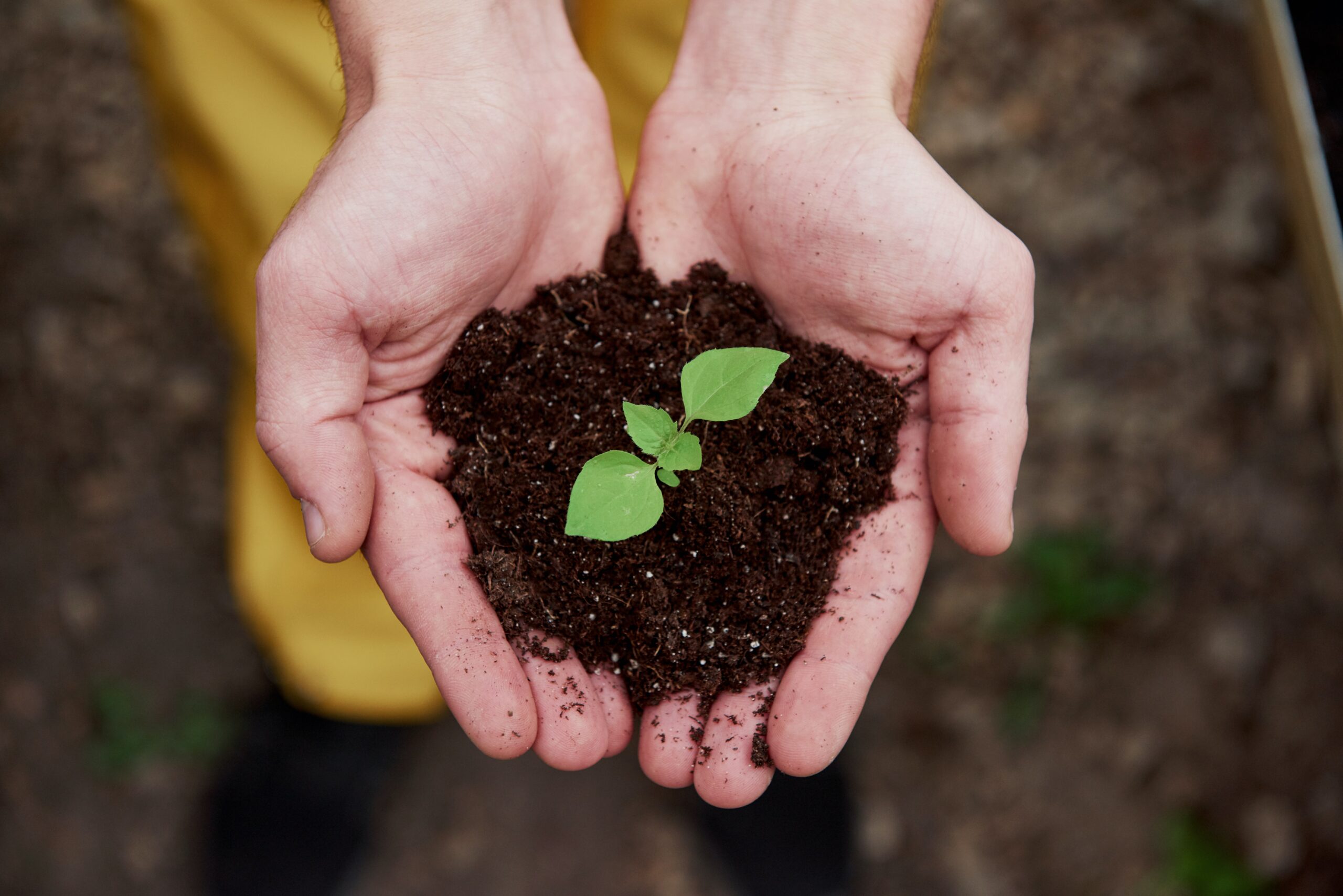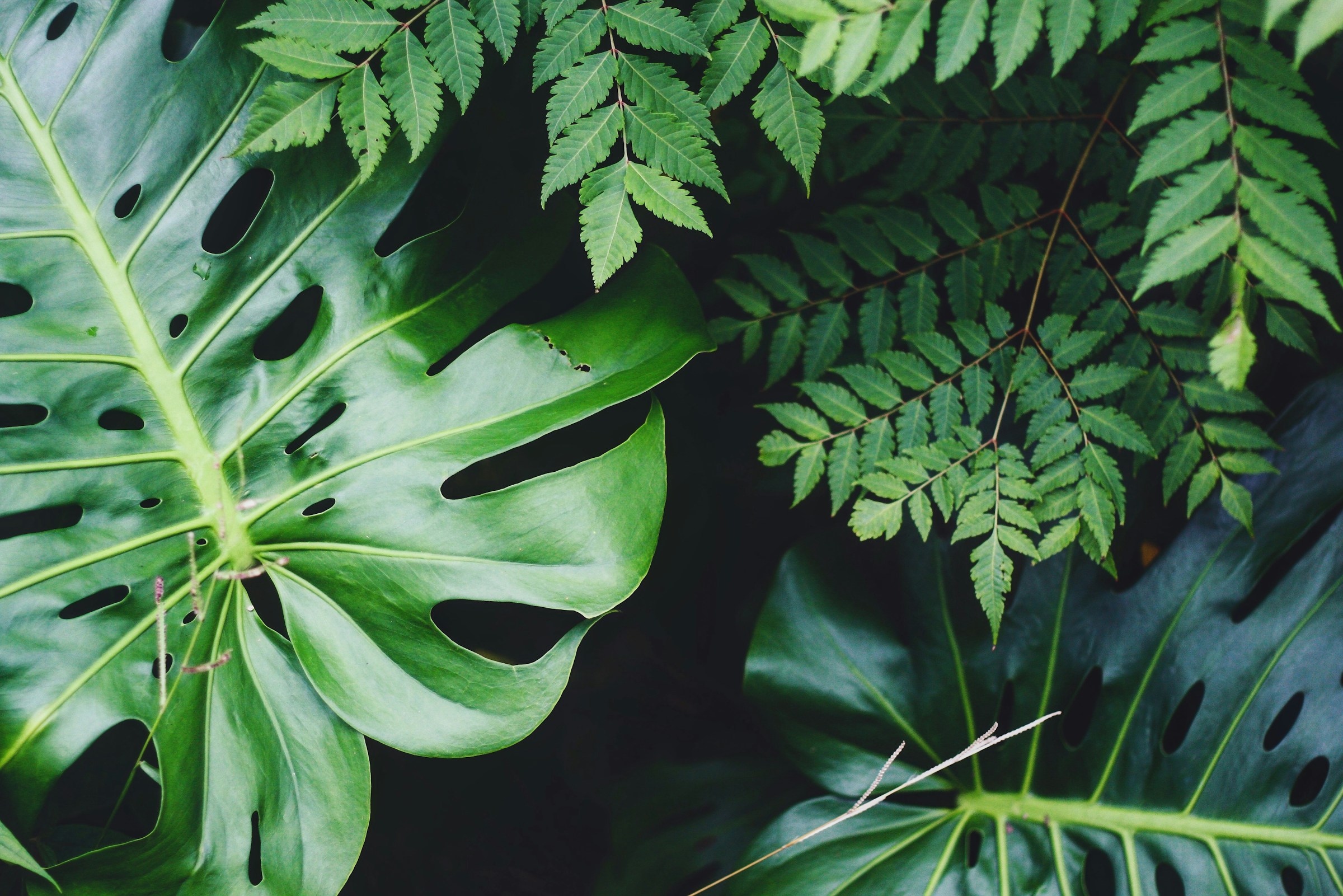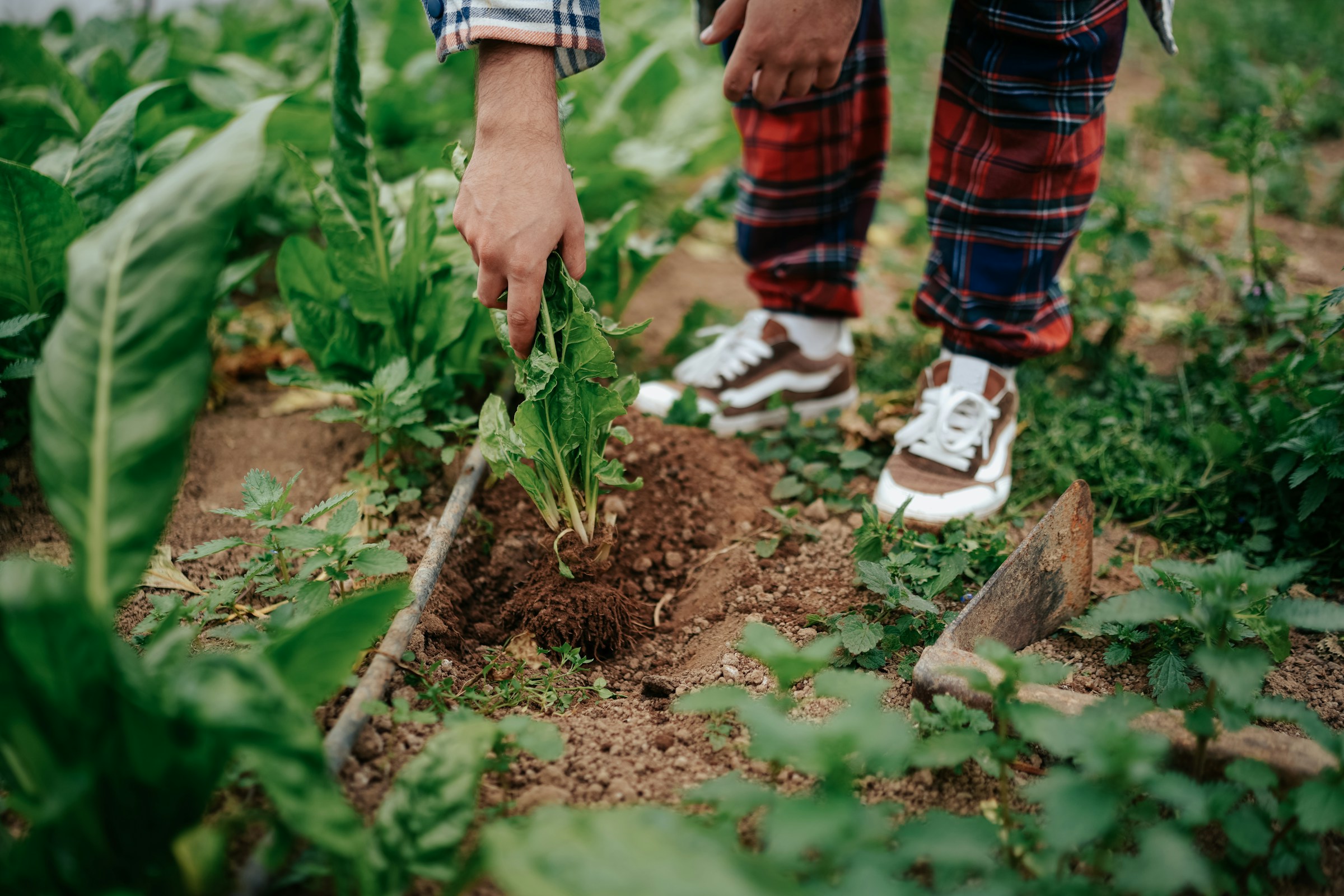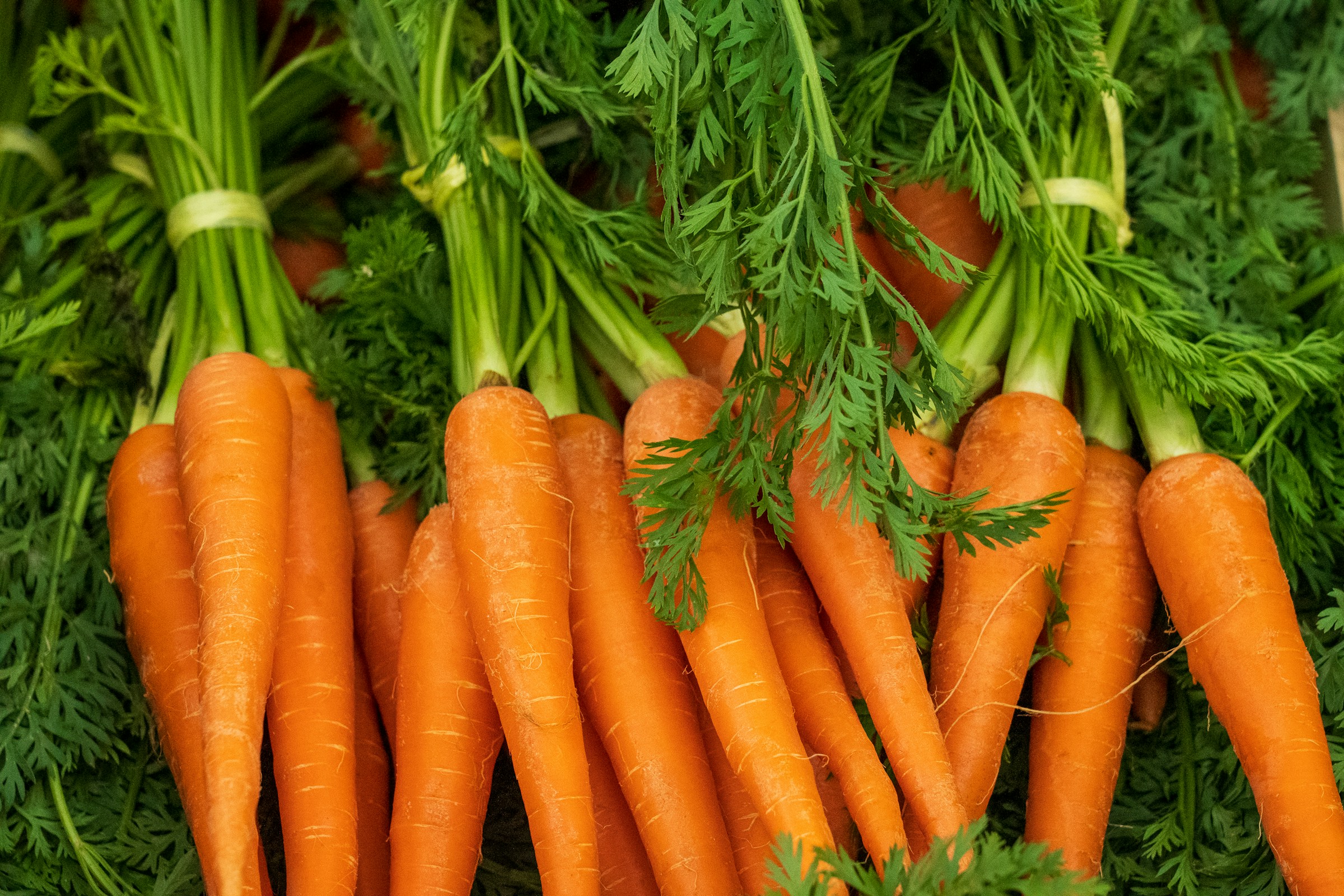Hello there, green thumbs and soil savants! Welcome to another epic post from your favorite Fertigation Firm. We know what you're thinking: "A fertigation firm with a sense of humor? Now that's a rare breed!" Well, we like to keep you on your toes, just like we do with our plants.
Soil Quality: It's More Than Just Dirt
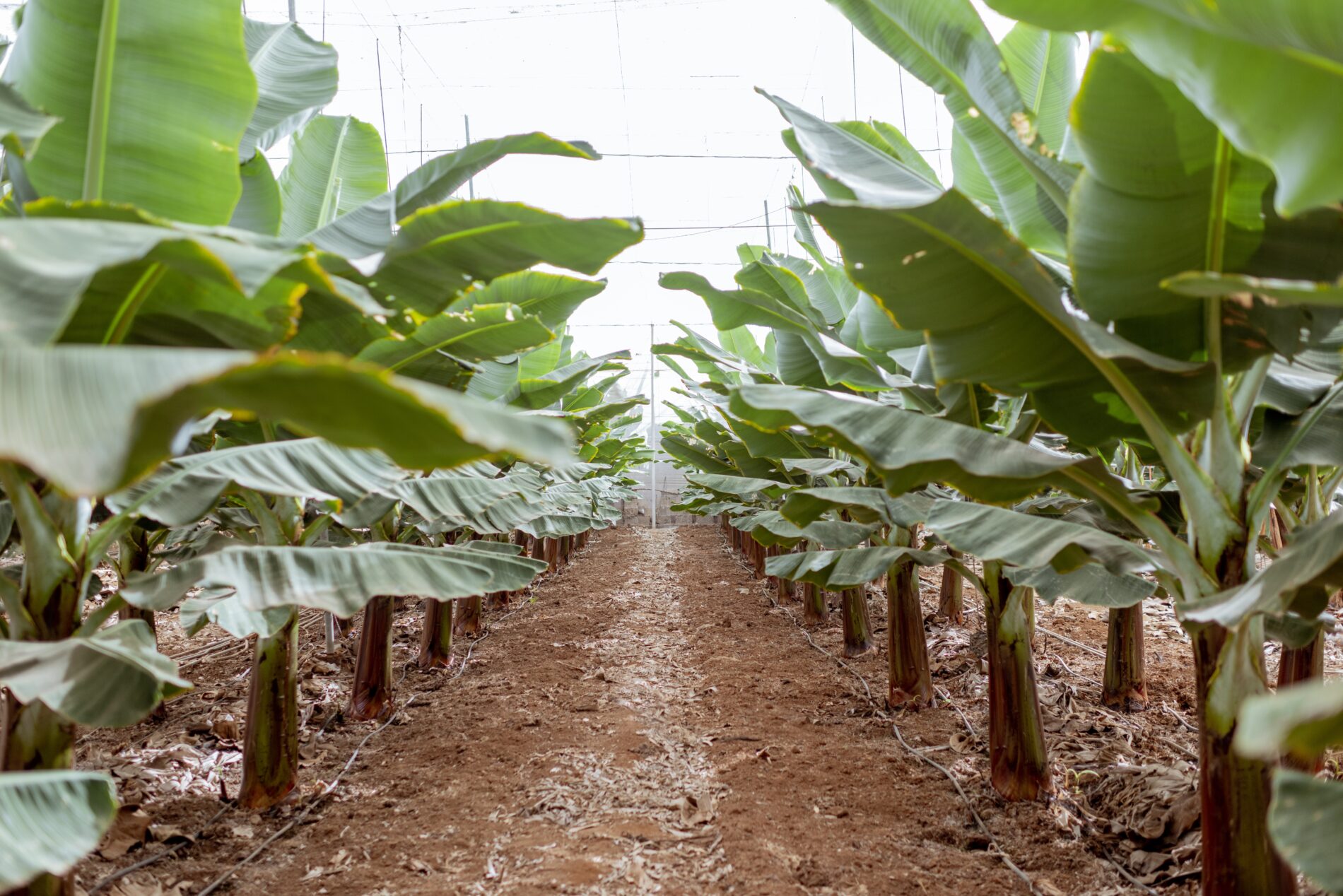
If you think soil is just dirt, then we're about to rock your world, and we don't mean rock in the sense of those annoying little pebbles you find in your garden beds. We're talking mind-blowing facts and figures that are guaranteed to turn your perspective on its head!
Did you know that there are more living organisms in a tablespoon of garden soil than people on Earth? That's right, folks. You've got a veritable city beneath your feet, and just like any city, it needs the right conditions to thrive.
The ABCs of Soil Quality
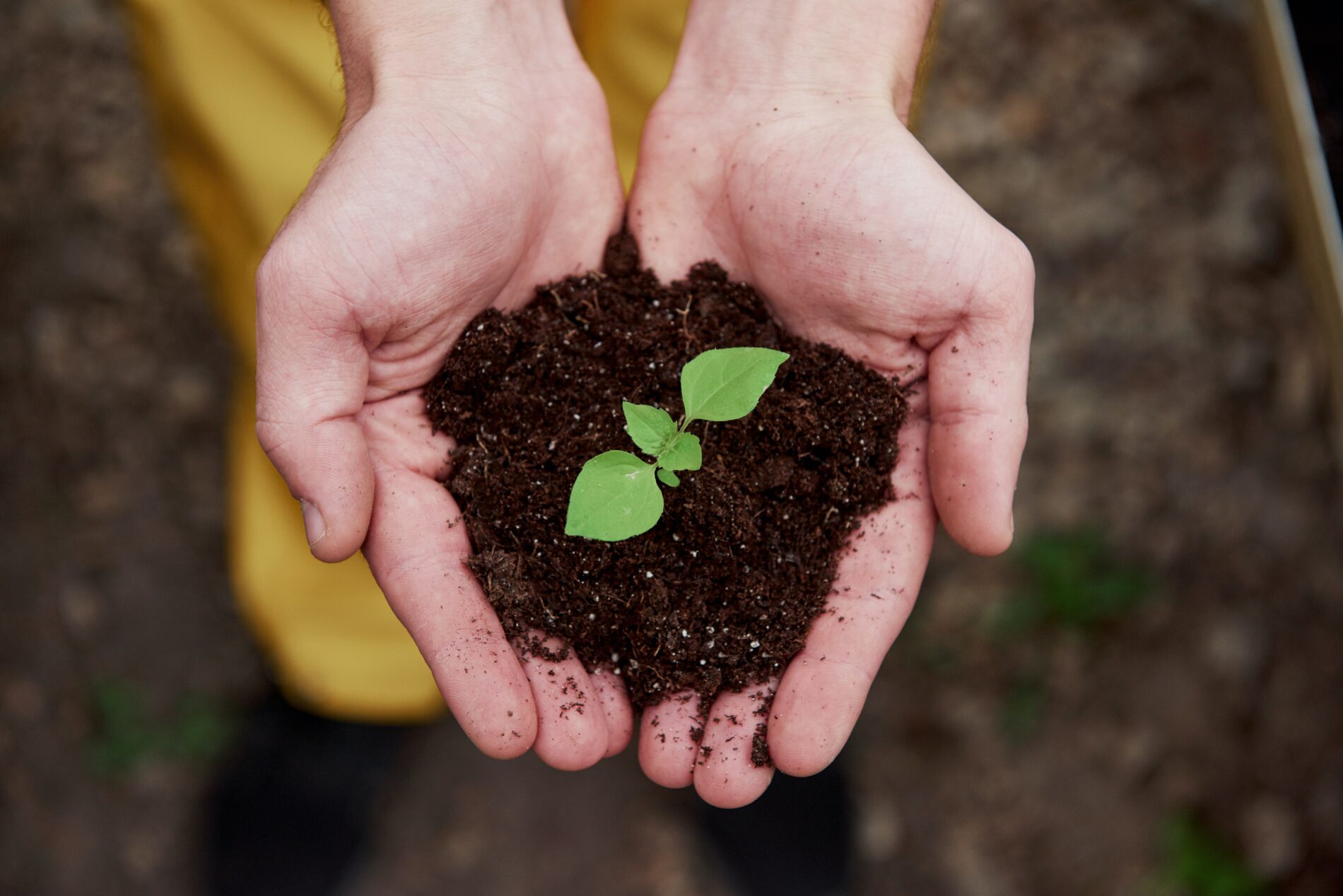
Understanding how to improve soil quality is a lot like being a detective. You must look for clues, analyze evidence, and sometimes talk to a worm or two (don't worry, they're great listeners). The main things we're looking for are texture, structure, pH level, and organic matter.
Just remember, just as there's no one-size-fits-all pair of gardening gloves, there's no one-size-fits-all solution to improve your soil. Your soil pathogens might need more organic matter, while your neighbors might need a pH adjustment. It's all about personalizing your approach, just like how you'd order your coffee (extra shot, please!).
The Power of Composting
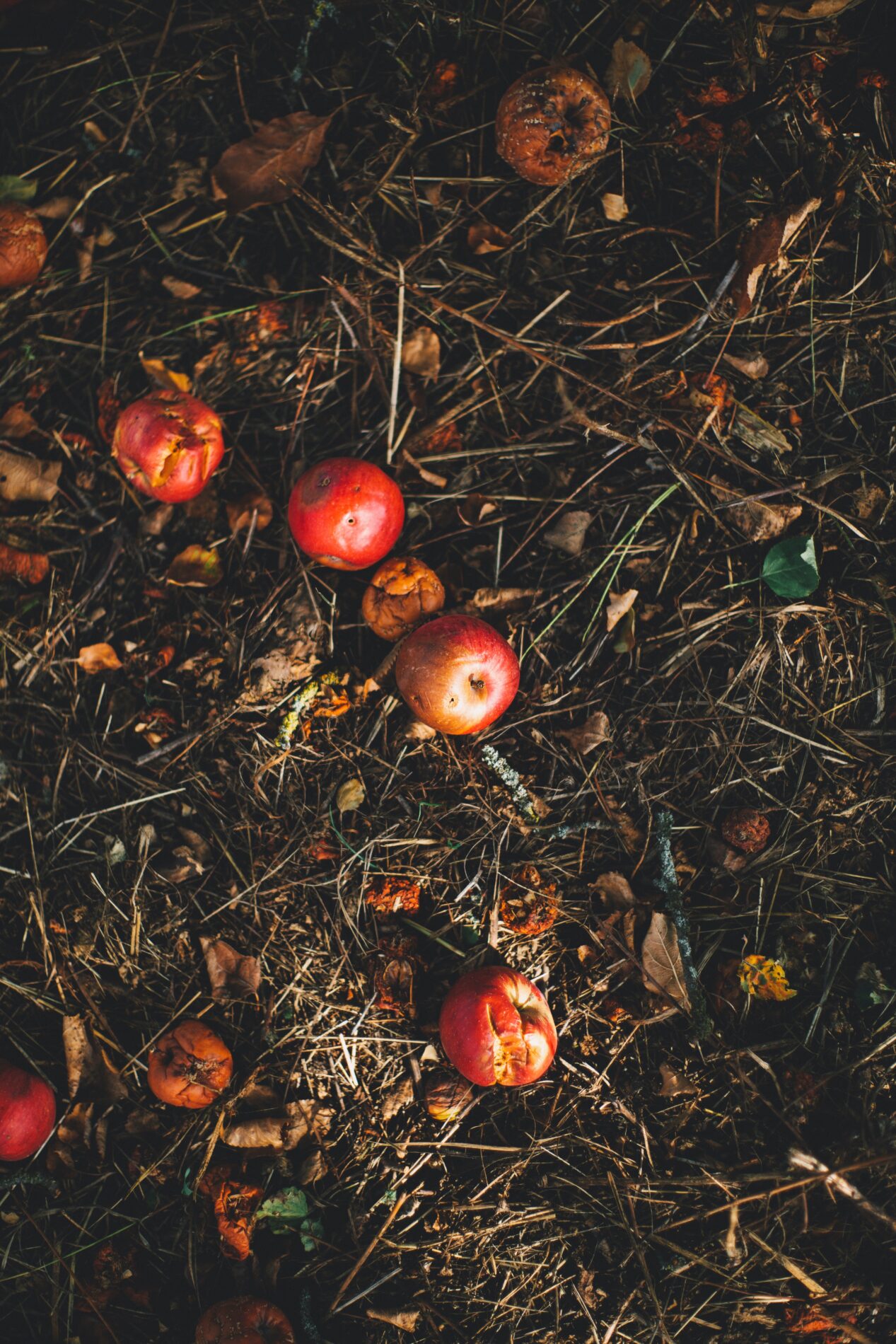
What if I told you you could take your old banana peels, coffee grounds, and grass clippings and turn them into a nutrient-rich feast for your garden? Hold on to your gardening hats because you can do just that with composting!
Now, I know what you're thinking: "Compost? Isn't that just a fancy word for a pile of rotting stuff?" Well, yes and no. While composting does involve the breakdown of organic materials, it's more like a VIP party for microorganisms. These tiny party-goers munch away on your kitchen scraps and yard waste, breaking them down into a rich, dark material called Compost.
Compost, also known as "black gold" among gardeners, is like a multivitamin for your healthy soil. It's packed with nutrients that help plants grow. It improves soil structure, helps the ground retain moisture, and even suppresses plant diseases. It's like sending your soil to a luxury spa without cucumber eye masks.
Here are some of the most popular composts in the good ol' US of A:
- Mushroom Compost: Mushroom compost, or "spent mushroom substrate," is a popular compost choice, especially in Pennsylvania, the mushroom capital of the world. This Compost is made from the organic material used to grow mushrooms, like straw, peat moss, and horse manure. After the mushrooms have grown, the remaining material is composted and sold as a soil amendment. It's like the afterparty of the mushroom-growing process!
- Worm Castings: Also known as vermicompost, worm castings are the end product of worms' breakdown of organic material. These castings are a nutrient-rich natural organic fertilizer and soil conditioner. The worms are like the earth's little helpers, turning waste into a gardener's dream.
- Composted Cow Manure: It may not be the most glamorous type of Compost, but composted cow manure is a favorite among many gardeners. It's rich in nutrients and an excellent soil conditioner. After all, cows must do something with all that grass they eat!
- Leaf Mold: In areas with abundant autumn leaves, many gardeners make leaf mold. Although it's not technically Compost, leaf mold is made by letting leaves sit and decompose over a few years. The result is a dark, crumbly material that improves soil structure and water retention.
- Backyard Compost Pile: Nothing beats the satisfaction of making your compost pile in your backyard. You can compost fruit and vegetable scraps, coffee grounds, eggshells, grass clippings, leaves, and more. Just avoid composting meat, dairy, and diseased plants.
Remember, Compost is more than just a pile of rotting stuff. It's a powerful tool for improving soil and helping plants grow. So why not start composting today? Your soil surface (and your plants) will thank you!
The pH Factor
Do you remember those pesky pH tests from high school chemistry? Well, surprise, they're back, and they've infiltrated your garden! The pH level of your soil isn't just a fun fact to throw around at garden parties; it's a critical factor in your garden soil quality.
Think of pH as the personality of your soil. Some plants like it more acidic, some more alkaline and others prefer a more neutral ground, just like some people like coffee, some tea, and others want a glass of good old H2O. For instance, blueberries and azaleas are like the divas of the plant world, requiring their soil to be on the acidic side. They're like the Mariah Careys of your garden, demanding particular conditions to hit their high notes.
On the other hand, plants like lilacs and clematis prefer their soil to be more alkaline or basic. They're like the easygoing members of your garden, just happy to be invited to the party.
Most plants, though, prefer a soil pH that's slightly acidic to neutral (around 6 to 7 on the pH scale). It's like the Goldilocks zone for plants – not too hot or cold, just right.
And how do you find out your soil's pH, you ask? There are simple soil test you can pick up from your local garden store. It's like taking your soil's temperature but with more color-changing liquids.
So, roll up your sleeves, get a little dirty, and start testing. Know your soil's pH, and your plants will thank you. After all, you would only host a party if you knew your guests' preferences, would you?
And remember, your soil's pH isn't set in stone, or should we say, set in the ground? If your soil isn't hitting the right note, there are ways to adjust its pH, like adding lime to raise the pH or sulfur to lower it.
There you have it - the pH factor, a critical part of the soil improvement hit parade. Now, go forth, and may your soil's pH always be harmonious with your plant growth!
A Teaspoon of Soil: A Universe of Life
Get ready for a staggering fact: in a mere teaspoon of soil, there are more organisms than people on Earth! It's a bustling city under our feet, needing the right conditions to thrive. If we give these tiny residents what they need, they will return the favor by helping our cover crops to prosper. Like a good neighbor, Bob always returns your tools, unlike Steve... Steve, we're looking at you!
To Improve or Not to Improve: The Soil Quandary
Here's something to chew on: High-quality soils lead to higher mean crop yields (10.3 ± 6.7%) and higher yield stability (decreasing variability by 15.6 ± 14.4%). So, improving soil fertility could reduce the impact of climate-driven yield change by 1.7% (0.5–4.0%) compared to low-quality soils. In other words, good soil is like a reliable old car - it gets you where you need to go, no matter the weather.
The Glorious World of Fertigation
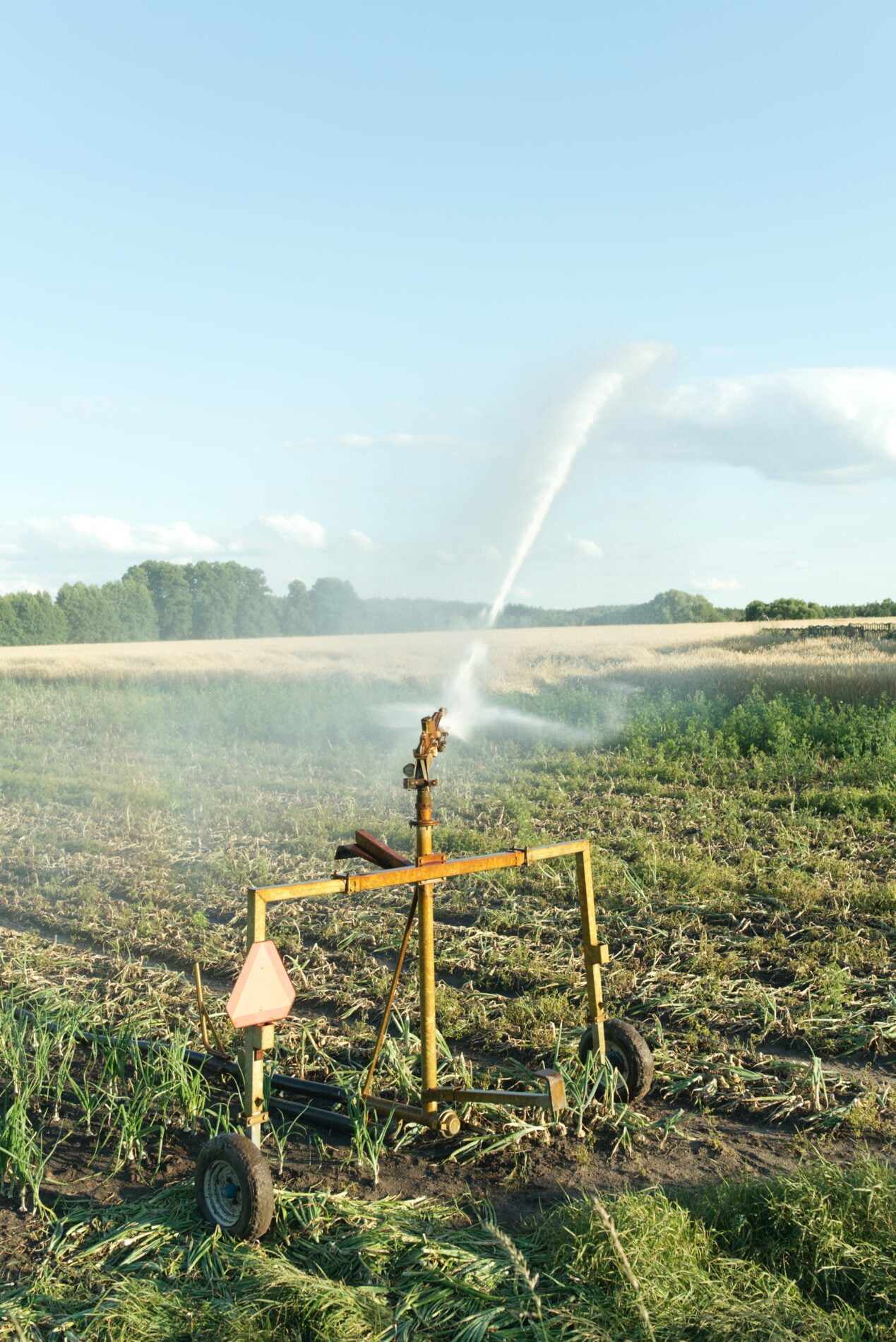
Fertigation, the process of adding fertilizers through irrigation, is like a luxury spa treatment for your soil. It ensures the nutrients are delivered right where needed rather than scattered willy-nilly. Imagine a targeted Amazon Prime delivery for your plants - that's fertigation for you! Now, this is where things get juicy.
According to a study conducted by the USDA, fertigation can increase nutrient uptake by up to 90% compared to traditional fertilization methods. Now that's some food for thought!
Fertigation also saves costs on reduced fertilizer amounts, prevents fertilizer leakage due to heavy rainfall, encourages rapid root growth, and even reduces weed density - so fewer pesky invaders to deal with.
But, like any superhero, fertigation isn't without its kryptonite. For a fertigation system to function correctly, it does require some expensive components and routine upkeep. Also, the success of fertigation is constrained by the efficacy of the irrigation system, and over-fertilization can occur if the system needs to be well-regulated.
But don't worry; with some care and attention, these issues can be mitigated, and fertigation can continue to be a hero in your garden.
How to Improve Soil Quality? Frequently Asked Questions
How often should I test my soil?
We recommend testing your soil at least once a year, preferably in the spring. It's like an annual health check-up but for your garden.
Can I use any fertilizer for fertigation?
Not all fertilizers are created equal. Make sure you choose a water-soluble fertilizer suitable for fertigation.
Is composting messy?
It can be but think of it as an art project. A little mess never hurts anyone, and the rewards are worth it!
How often should I test my soil?
We recommend testing your soil at least once a year, preferably in the spring. It's like an annual health check-up but for your garden.
Can I use any fertilizer for fertigation?
Not all fertilizers are created equal. Make sure you choose a water-soluble fertilizer suitable for fertigation.
In a Nutshell
There you have it, folks—the lowdown on how to improve soil quality from your friendly neighborhood fertigation firm. Happy gardening! Remember, soil health is no laughing matter, but who says we can't have a little fun while at it?

